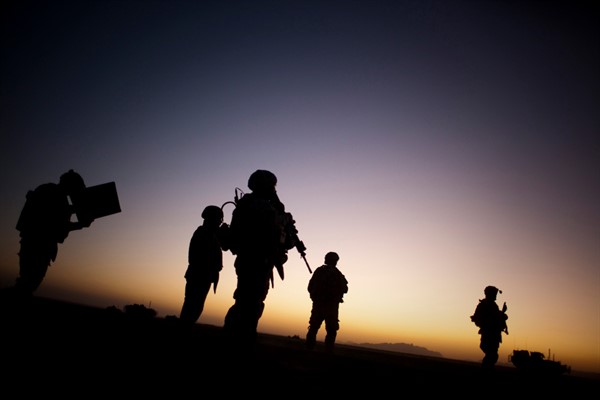Have know-nothing civilian bureaucrats, lily-livered humanitarian do-gooders and misguided academics tied the military’s hands with increasingly restrictive norms that don’t correspond to the laws of war, let alone the rigors of battle and requirements of victory? That’s the premise of a new article in Military Review by Army Lt. Gen. Charles Pede and Col. Peter Hayden. Pede and Hayden write derisively of the three-decades-old shift in U.S. military doctrine toward enhanced civilian protection, exemplified by the population-centric counterinsurgency approach to the wars in Afghanistan and Iraq. This is a danger, they argue, since troops trained in restraint and respect for civilian life would be tactically, bureaucratically and morally hobbled if faced with a massed formation of Russian, Chinese or Iranian tanks.
For all this argument’s numerous flaws, it contains one underappreciated insight. The U.S. military has been asked to take on tasks to which it is ill-suited, affecting mission readiness for its primary role: winning wars. The solution, however, is not to water down the laws of war as they pertain to counterterrorism operations or to diminish the role of civilian agencies in peace building. Instead, the U.S. military should get out of the counterterrorism and nation-building business and stick to the battlefield where it belongs.
Pede and Hayden make some valid points, even if their conclusions miss the mark. It is true that the laws of armed conflict are more permissive than most civilians believe and most humanitarians wish. But NGOs and academics are the first to acknowledge that. Advocating for stronger rules is not the same as pretending they already exist.

